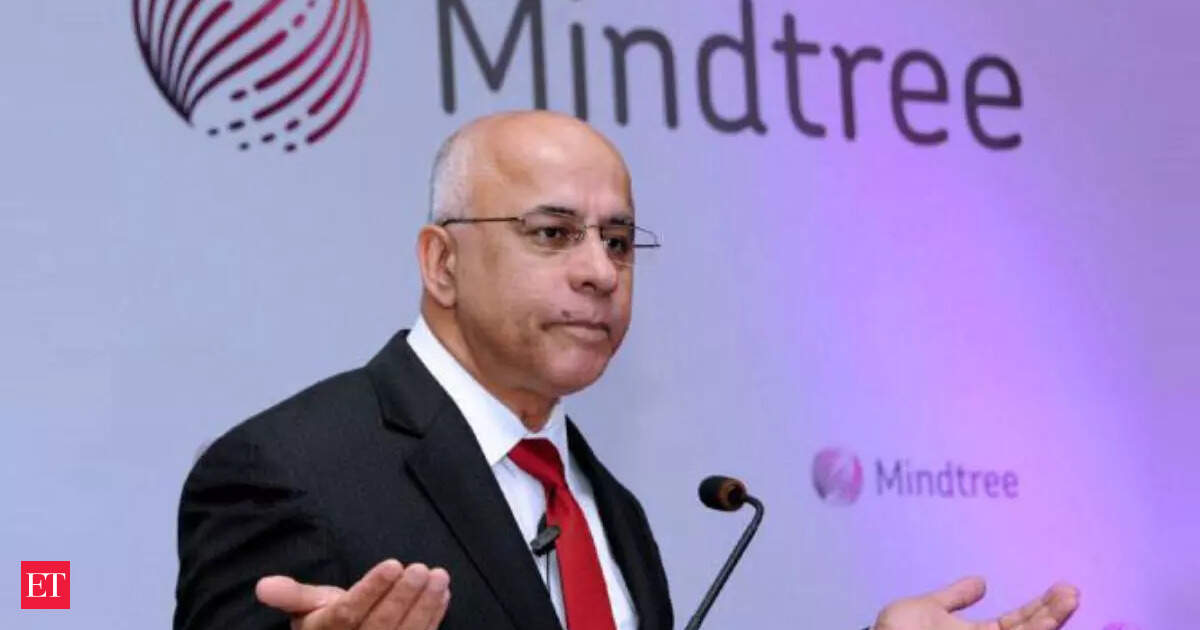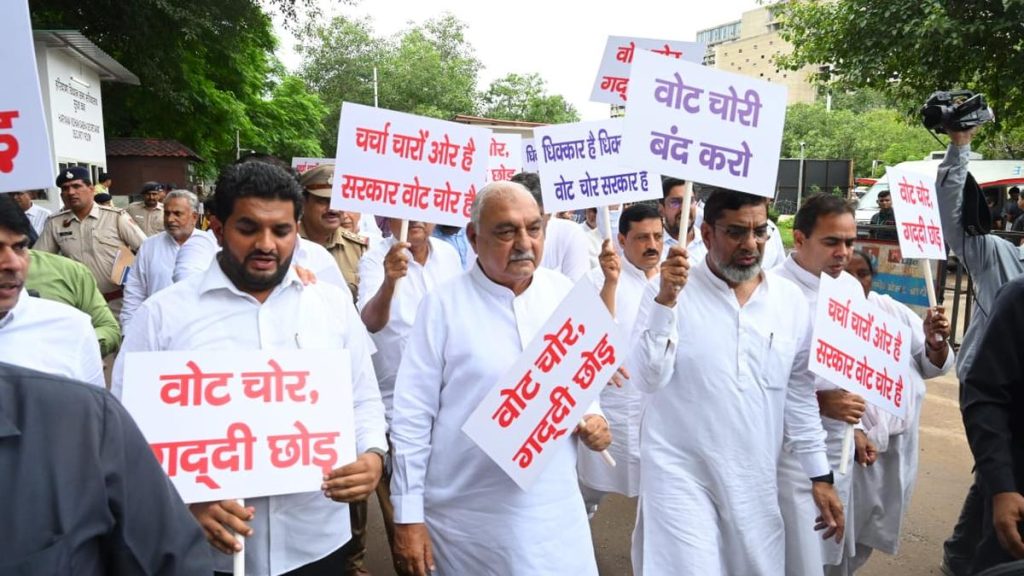Now Reading: Why Re 1 Holds Greater Value Than Crores for Subroto Bagchi
-
01
Why Re 1 Holds Greater Value Than Crores for Subroto Bagchi
Why Re 1 Holds Greater Value Than Crores for Subroto Bagchi

Swift Summary
- Mindtree co-founder Subroto Bagchi revealed his last salary cheque of Re 1 from the Government of Odisha, symbolizing eight years of public service without financial reward.
- Bagchi served as Chief Advisor to the Government of Odisha for Institution and Capacity Building and as chairman of Odisha Skill Development Authority since 2016.
- during his tenure, he also acted as the chief spokesperson for the state government during COVID-19, emphasizing his commitment to public service.
- Highly successful in his corporate career, Bagchi donated hundreds of crores towards social causes such as cancer care and education with his wife Susmita.
- His viral social media post garnered widespread admiration for its message highlighting integrity and selflessness in public service.
- Many online users praised him for prioritizing duty over wealth with comments celebrating him as a role model in ethical leadership.
Indian Opinion Analysis
Subroto Bagchi’s story underscores a broader principle that challenges society’s focus on material gain.His symbolic acceptance of Re 1 per year demonstrates a meaningful shift toward service-oriented governance at a time when cynicism frequently enough dominates perceptions around leadership.This rare blend of ethical leadership rooted in humility offers valuable lessons not only within India but globally.
Bagchi’s decision aligns with India’s past emphasis on “Seva” (service) over profit-driven motives. While most individuals at high levels seek substantial remuneration, he epitomizes an alternative path by leveraging personal wealth to contribute meaningfully to state development without expecting financial compensation. With growing attention on accountability and trustworthiness among leaders, examples like Bagchi’s can inspire policymakers across states toward more integrity-based governance structures.
The broader implications lie in promoting societal values centered around selfless contribution-a theme that can cultivate optimism amid concerns about corruption or inefficiency in public systems. By prioritizing purpose over profit, Subroto Bagchi reminds India that true fulfillment comes from elevating society rather than accumulating wealth.
Read More: Economic Times




























